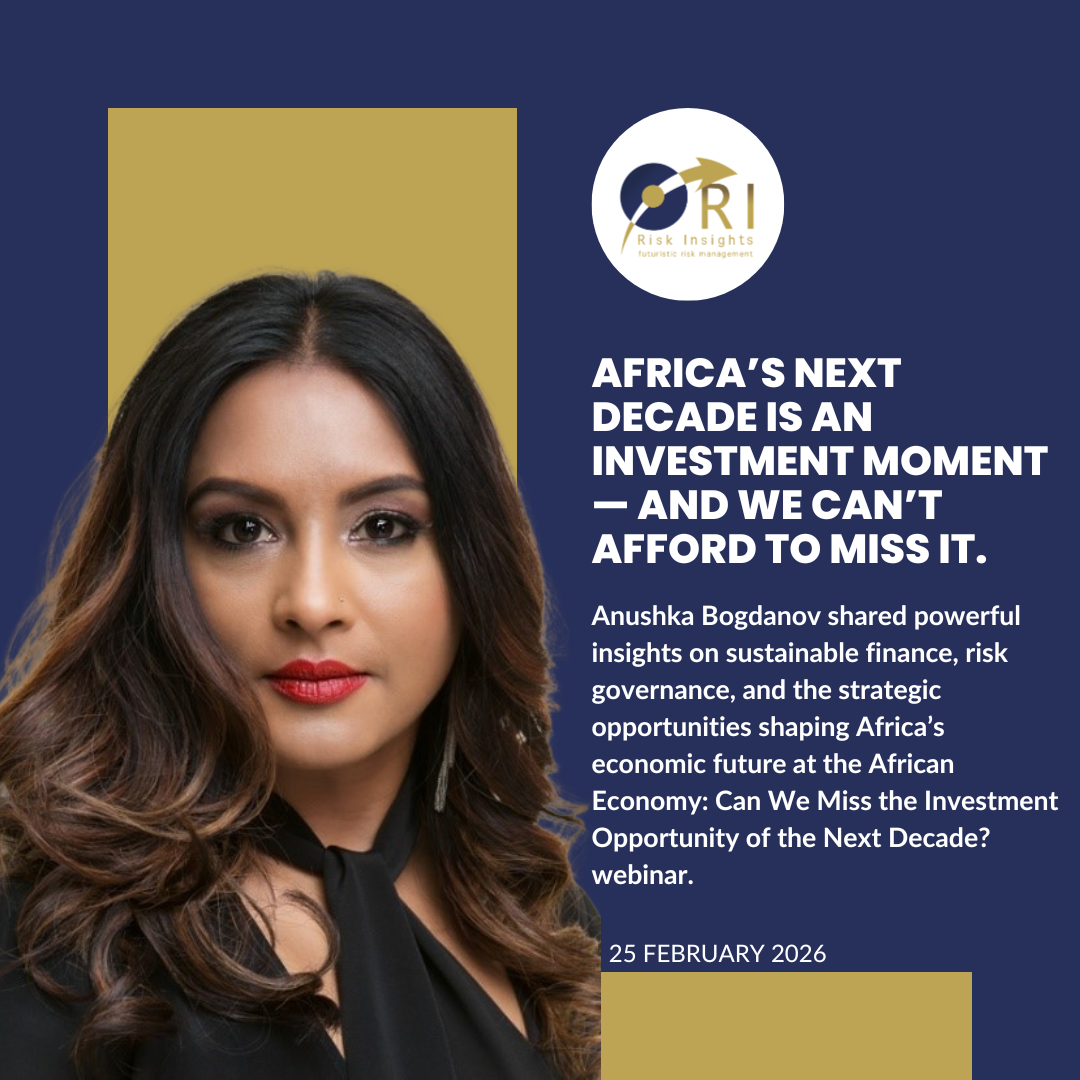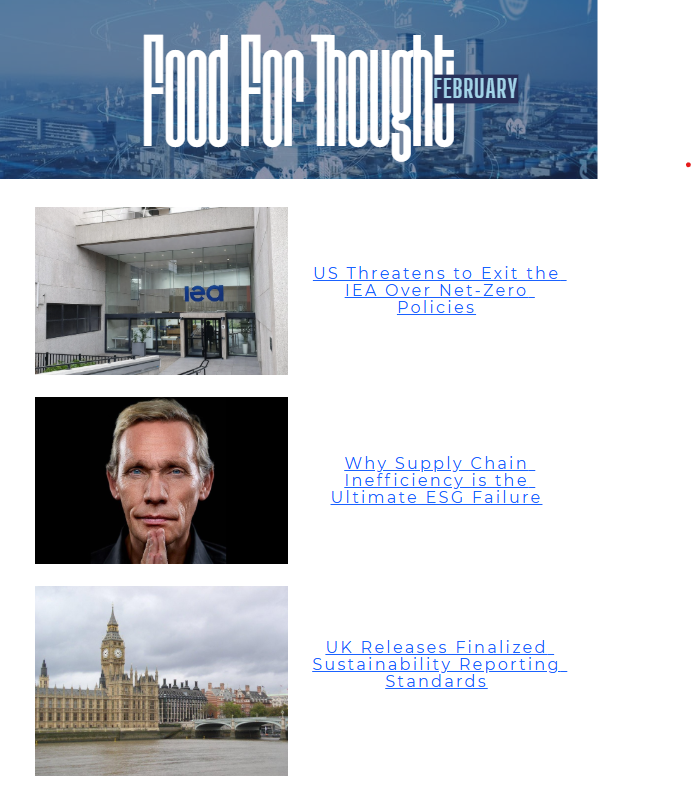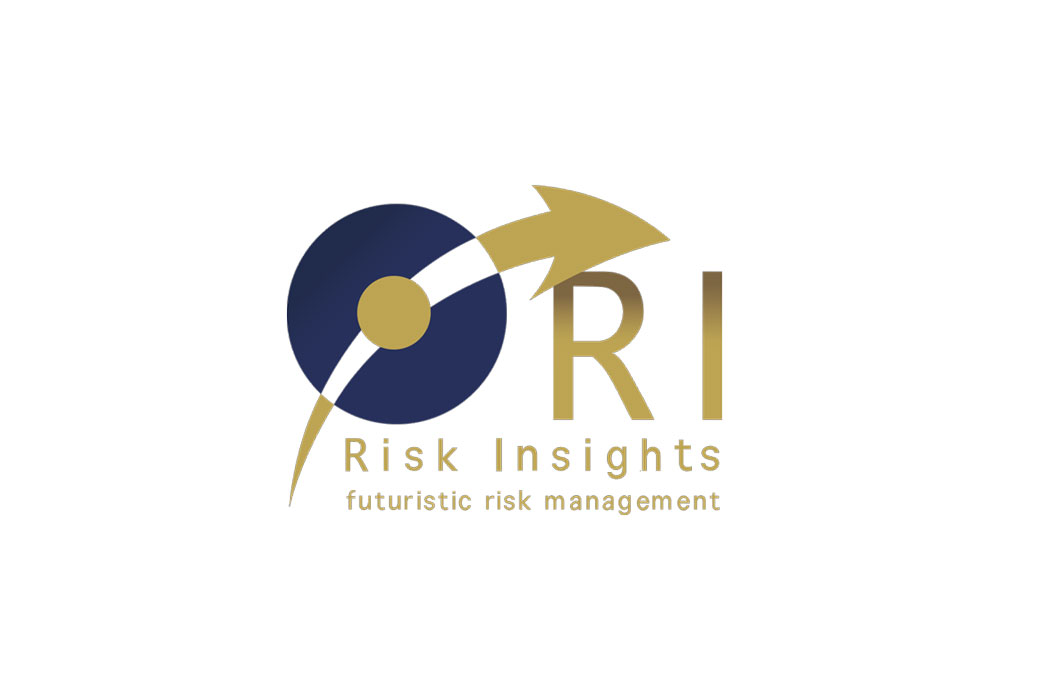Risk Insights ESG GPS Sustainable Newsletter

DEAR VALUED STAKEHOLDER
Welcome to the February edition of the Risk Insights Newsletter.
Across global and African markets, we are seeing the practical consequences of capital repricing, shifting geopolitical alignments, and accelerating sustainability regulation. Disclosure expectations are rising. Trade dynamics are evolving. Climate risk is no longer theoretical — it is operational, financial, and strategic.
For African issuers and investors, this is not simply a period of volatility. It is a moment of positioning.
At Risk Insights, February has been focused on deepening the connection between data and decision-making. Through ESG GPS™ analytics, carbon risk assessment, and macro-finance research across emerging markets, we continue to translate complex regulatory developments — including IFRS sustainability standards, carbon border mechanisms, and transition finance frameworks — into board-level insight.
This edition highlights our latest research perspectives, capital market observations, and practical guidance for executives navigating transition risk, governance credibility, and long-term value creation in a fragmented global environment.
In uncertain times, clarity is competitive advantage.
We are pleased to share this month’s insights with you.
Join us at our Carbon Training Program: Preparing Leaders for the Next Phase of Climate Governance
Across global markets, carbon has moved beyond environmental compliance. It now shapes capital allocation, trade access, valuation models, and board accountability.
From the implementation of IFRS S1 and S2, to the expanding reach of the EU’s CBAM, to growing scrutiny around carbon pricing, financed emissions under PCAF, and transition risk exposure, climate governance is no longer theoretical. It is financial architecture in motion.
For African corporates in particular, this shift carries both risk and opportunity. Export competitiveness, cost of capital, regulatory credibility, and investor confidence increasingly depend on the quality of climate disclosure, strategic integration, and execution discipline.
To address this reality, Risk Insights hosts a Carbon Training Program (9–10 April 2026) — a CPD-certified, executive-level programme designed to connect regulation to strategy and translate carbon risk into informed decision-making.
The programme covers:
- Carbon fundamentals and Scope 1–3 measurement
- IFRS S1 & S2 reporting implications
- South Africa’s Carbon Tax and CBAM trade exposure
- PCAF and financed emissions
- Internal carbon pricing and capital allocation trade-offs
- Transition risk pathways and board-level oversight
Practical. Board-ready. Strategically grounded.
Delivered by Carbon and ESG experts, the programme equips executives, professionals, and sustainability leaders with the tools to move from compliance to competitive positioning.
As climate regulation accelerates, the question is no longer whether carbon will impact your organisation — but whether leadership is prepared to respond with clarity and strategy.

Risk Insights and RAEX International Group Partnership - ESG in Africa W: From Risk Narrative to Strategic Opportunity
In February 2026, Risk Insights and RAEX International Group, hosted a high-impact international webinar. We were honoured to have the opening address from Mr Peter Pavlenko, Head of the Trade Representative of the Russian Federation in South Africa, who emphasised the importance of constructive engagement between regions and the need to close the ESG intelligence gap between the Global North and Global South. His remarks underscored a broader shift: sustainable finance must be globally inclusive to be credible.
Convening participants from Moscow and Johannesburg, the session brought together investors, policymakers, regulators, sustainability leaders, and market practitioners in a cross-regional dialogue on the evolving architecture of sustainable finance. Anushka Bogdanov was the keynote and challenged prevailing narratives, highlighting that Africa’s ESG trajectory should be understood through data, context, and long-term opportunity. The continent’s demographic profile, infrastructure expansion, natural capital base, and capital market evolution position it as a strategic participant in the future of climate finance and sustainable investment.
The discussion took place at a critical moment for global capital markets. As ESG frameworks mature and geopolitical realignments reshape trade and investment flows, Africa’s position within the global sustainability landscape is being reassessed — not as a peripheral risk, but as a strategic growth frontier. The strong engagement, rigorous questions, and depth of discussion throughout the webinar reaffirmed a central theme:
The future of ESG will be multipolar, data-led, and globally collaborative. This event marked an important step in strengthening dialogue between regions and reinforcing Risk Insights’ commitment to evidence-based ESG intelligence for emerging markets. The conversation continues.
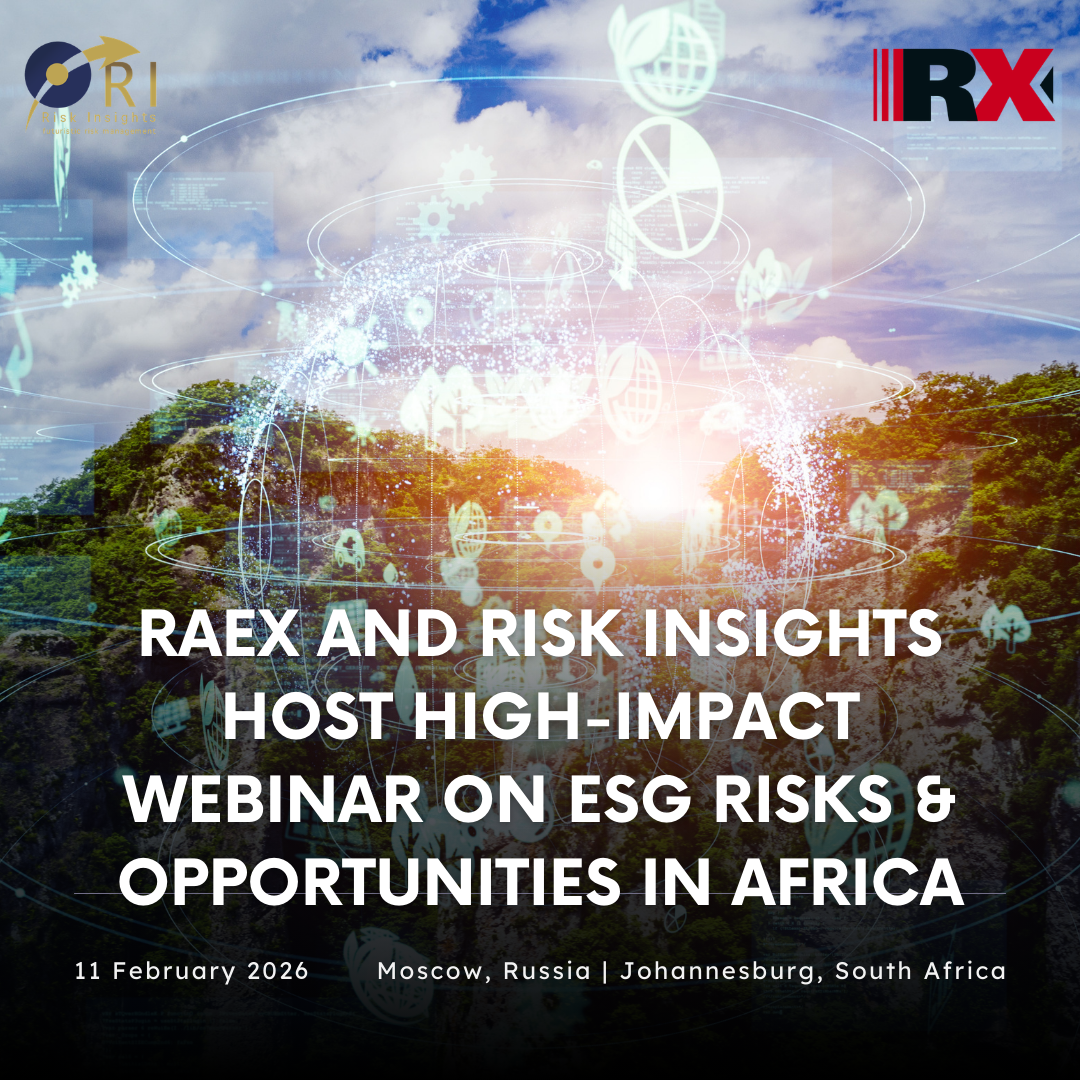
Risk Insights strategic collaboration with Global Business2Brands - From ESG Intelligence to Execution
Risk Insights announced a strategic collaboration with Global Business2Brands (GB2B Publications Pvt Ltd), establishing a governed ESG intelligence-to-activation model designed to close one of the most persistent gaps in the sustainability market: the distance between credible data and real-world implementation.
As ESG frameworks mature globally, organisations increasingly face a common challenge — they have access to data, ratings, and disclosure requirements, but often lack structured pathways to translate insights into measurable operational change. This collaboration directly addresses that execution gap.
This initiative reflects a broader evolution within ESG markets: moving from disclosure-driven compliance toward decision-useful intelligence and accountable implementation. For corporates, investors, and boards navigating climate transition, regulatory expansion, and stakeholder scrutiny, the ability to move from assessment to activation is no longer optional — it is strategic.
Through this partnership, Risk Insights continues to strengthen its position as a provider of credible, Africa-focused ESG intelligence while expanding the pathways through which that intelligence can create measurable, real-economy impact.
The next phase of ESG is not just about reporting. It is about activation.
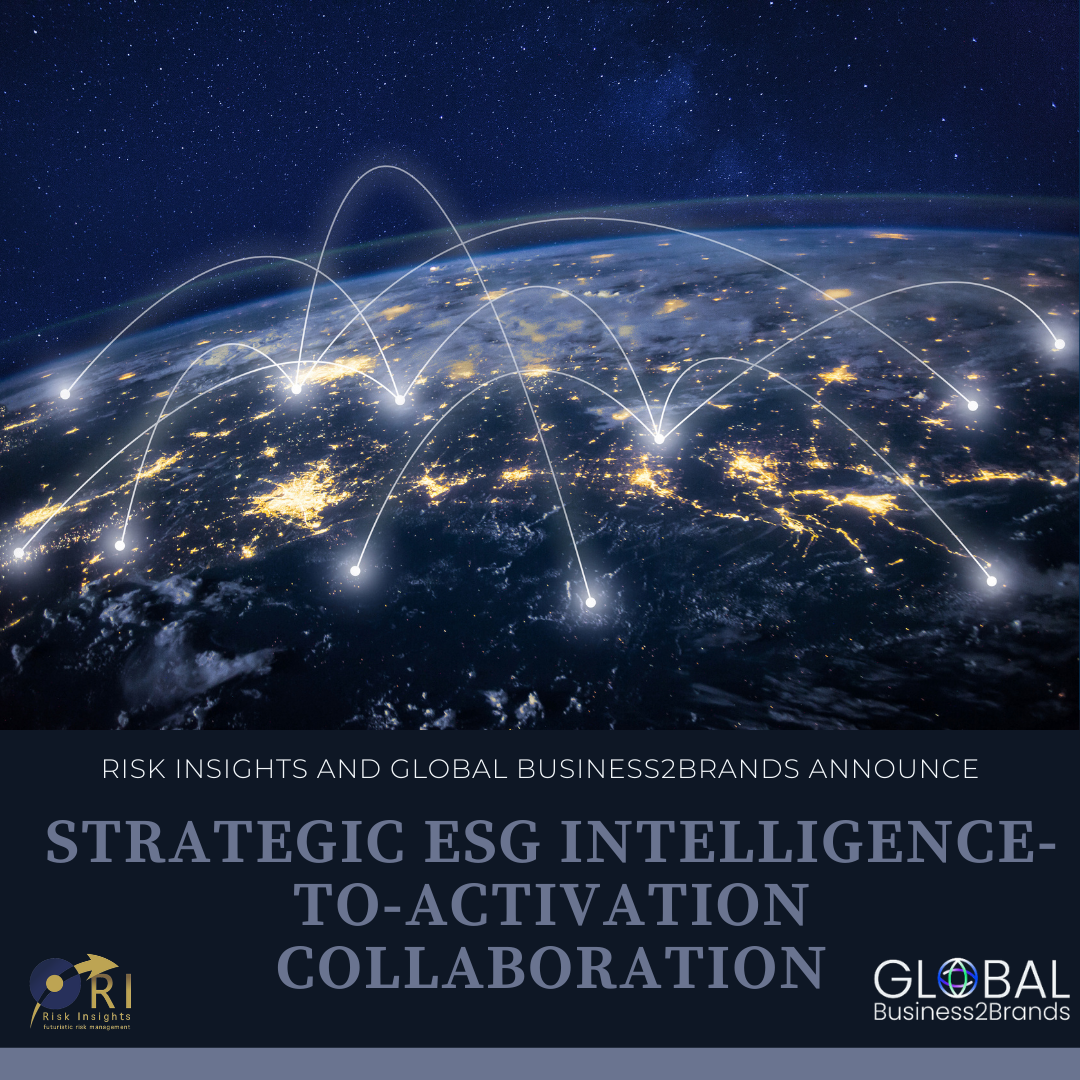
New Research Spotlight - When Politics Prices Capital: China, US Financial Power, and Geopolitical Shock Transmission in Emerging Capital Markets
South Africa’s capital markets are structurally exposed to United States policy through two dominant transmission channels: (i) preferential market access under the African Growth and Opportunity Act (AGOA); and (ii) US-anchored global portfolio investment flows transmitted via the Federal Reserve’s interest-rate cycle and emerging-market (EM) index allocation frameworks. This paper constructs a worst-case, fast-moving macro-financial stress scenario for the Johannesburg Stock Exchange (JSE) and the broader South African economy under a combined external shock: (1) a discontinuity of AGOA preferences and/or broad US tariff escalation affecting a substantial share of South African exports to the United States; and (2) a contemporaneous US-linked portfolio retrenchment (“risk-off”) episode consistent with historical EM sell-offs during global tightening cycles. Read full article here

EPSTEIN: Global Elites Look the Other Way - ESG Matters with Risk Insights Podcast
This episode Risk Insights focuses on children’s safety, women’s dignity, and the uncomfortable realities of power.
In this reflective and thought-provoking episode, Anushka Bogdanov examines how systems of influence can too often protect themselves before they protect the vulnerable. The episode does not dwell on scandal; rather, it interrogates the architecture of silence — within institutions, governance structures, and leadership cultures.
At its core, the discussion asks difficult but necessary questions:
- What is the moral responsibility of leadership when harm occurs within systems of power?
- How do governance failures emerge not from ignorance, but from silence?
- And what does accountability truly require in environments where reputation often overrides truth?
The episode challenges listeners to confront the ethical dimension of ESG beyond metrics and disclosure. Governance is not only about compliance frameworks — it is about courage, integrity, and the protection of those without power.
If this conversation feels uncomfortable, it may be because it touches something essential.
🎧 Listen to the full episode and join the dialogue on leadership, responsibility, and the future of accountable institutions.
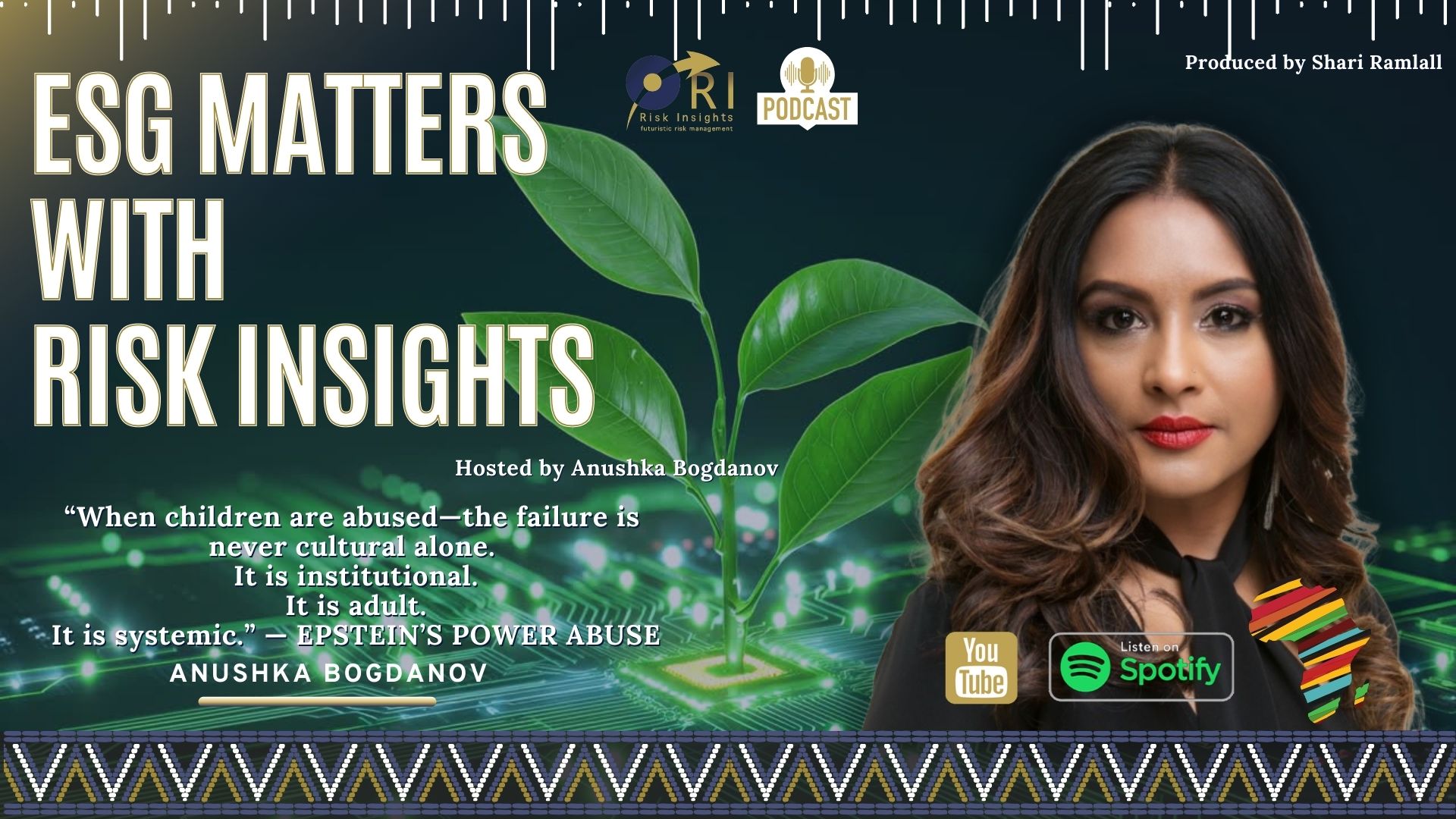
Webinar - Africa’s Economy: Can We Miss the Investment Opportunity of the Next Decade
Risk Insights participated as a panel speaker at the webinar, contributing to an important global conversation on Africa’s evolving economic trajectory. The discussion examined a central question: Is Africa failing to attract capital — or is capital simply becoming more selective?
As global markets recalibrate amid geopolitical tensions, supply chain restructuring, sustainability regulation, and tightening liquidity, capital is no longer neutral. It is increasingly directional. Investment flows are guided by governance credibility, policy certainty, institutional strength, and high-quality, decision-useful data.
At Risk Insights, we emphasised that Africa’s opportunity is substantial risk transparency, credible ESG disclosure, resilient institutions, and strategic positioning within the next generation of global supply chains.
The next decade will not be defined by optimism alone. It will be defined by alignment.
Watch the full webinar here:
https://youtu.be/Ntv5IdbUd7w
